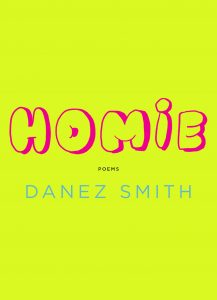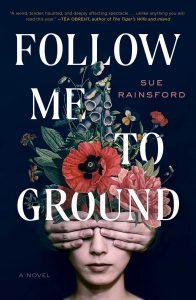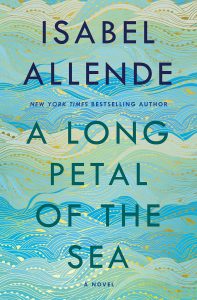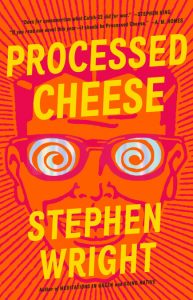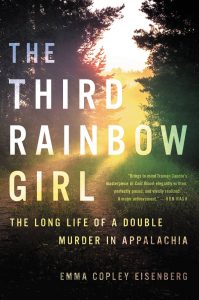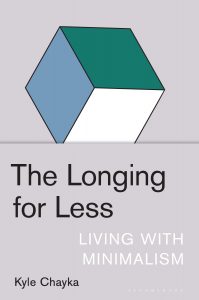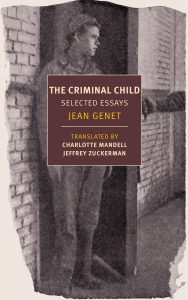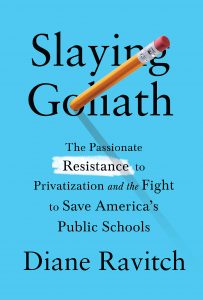
10 new books to add to your TBR pile.
Every week, the TBR pile grows a little bit more. It’s getting precarious. It’s taking up your whole nightstand. It’s threatening to crush you in your sleep. Well, what are you waiting for? Get cracking. What are you reading this week?
Danez Smith, Homie
(Graywolf Press)
I remember beginning Danez Smith’s breakout 2017 collection Don’t Call Us Dead on the subway on the way home from work—and then getting to my stop and not being able to put the book away. I read it while walking from the station to my apartment, and I read it while climbing the stairs, and I finished it in the hallway, with my coat still on. So . . . it’s good. Which means I’m obviously looking forward to Smith’s next volume, which is officially titled Homie and which the publisher describes as “part friendship diary, part bright elegy, part war cry.”
–Emily Temple, Lit Hub senior editor
Sue Rainsford, Follow Me To Ground
(Scribner)
How’s this for a premise: Ada and her father possess the power to heal human illness by temporarily burying bodies in the mystical healing Ground, near their home at the edge of a village. Locals come to them for help. There’s a good, careful system. Then one day, Ada meets Samson, and their affair threatens to disrupt everything. Sue Rainsford’s beautiful debut novel works its own kind of magic. This wildly inventive story reads like a centuries’ old myth you can’t believe you’ve never heard before, and her prose will hold you captive like a spider’s thread.
–Katie Yee, Book Marks assistant editor
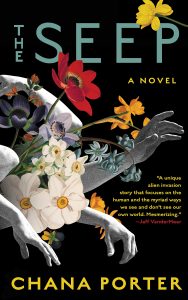
Chana Porter, The Seep
(Soho Press)
Speculative fiction rarely depicts alien invasions as benevolent, but Chana Porter’s delicious first novel, The Seep, does just that. Bodiless, multi-dimensional aliens—“the Seep”—have communed with humanity, helping our poor, flesh-anchored souls to see that life and meaning extend beyond the corporeal, are rooted in the interconnectedness of everything. Whatever humans can imagine is now possible, including the complete avoidance of pain, regret, and despair. The only problem? Those are exactly the things that make us human. The Seep is a glorious interrogation of human feelings and relationships and how they shape who we are.
–Amy Brady, Lit Hub contributor
Isabel Allende, A Long Petal of the Sea
(Ballantine)
For decades, fascism, displacement, mass exile, and the looming threat of war have not felt so universally salient as they do now. Isabel Allende returns with an epic novel, A Long Petal of the Sea, that charts these themes, following a young widow, Roser, and an army medic, Victor Dalmau, who flee to Chile after Franco and his fascist party come to power in Spain. Roser and Victor’s new lives do not mark the end of their troubles, however, as the specter of European warfare continues to hound them. The exiles hold onto their dream of returning home, but where is that now in the wake of such widespread desolation?
–Aaron Robertson, Lit Hub assistant editor
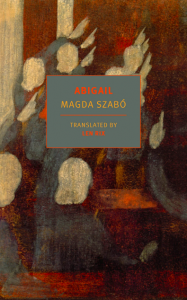
Magda Szabó, tr. Len Rix, Abigail
(New York Review of Books)
In 2015, I became obsessed with Hungarian novelist Magda Szabó’s elusive, elevated novel The Door—read if you have not, I beg you!—and so the prospect of a newly translated work, especially one that is apparently the favorite of Szabó’s countrymen, and also especially one about a rebellious teenager who is sent to a horrid boarding school (this is very much my jam, guys) gives me the purest thrill of anticipation.
–Emily Temple, Lit Hub senior editor
Stephen Wright, Processed Cheese
(Little Brown)
It’s like something out of your wildest dreams: a bag of money literally drops from the sky and falls in the hands of a man named Graveyard. He and his wife have a wild romp of a time with it, buying the things they could never afford. Naturally, the original owner is looking for that bag, and he’ll do just about anything to get it back. An absurd satire from the writer Toni Morrison has deemed “astonishing.”
–Katie Yee, Book Marks assistant editor
Emma Copley Eisenberg, The Third Rainbow Girl
(Hachette)
Two young women, Vicki Durian, 26, and Nancy Santomero, 19, were murdered on June 25, 1980 in Pocahontas County, West Virginia. Three girls were on their way to a gathering called the Rainbow Festival, and two were murdered en route. What happened to the third? Emma Copley Eisenberg was living in West Virginia when she first came across the story of the murders, and her time spent in the state helps get the texture and nuance right. The result is dazzling.
–Lisa Levy, CrimeReads contributing editor
Kyle Chayka, The Longing for Less
(Bloomsbury)
The last few years have seen the proliferation of a number of new products and services aimed at promoting a certain image of “minimalism,” from mid-century furniture to digital detox. The word has become a catchall for any product or idea that promises to simplify or ease our lives, but, in the process, mostly encourages us to accumulate more stuff. In The Longing for Less, Kyle Chayka draws on his experience as a cultural critic to look past this consumerist ethos at the philosophers, artists, and writers who pioneered the concepts underlying minimalism, from Jun’ichirō Tanizaki to Donald Judd and John Cage, as well as the ways their ideas surround us in our everyday lives.
–Corinne Segal, Lit Hub Senior Editor
Jean Genet, tr. by Charlotte Mandell and Jeffrey Zuckerman, The Criminal Child
(New York Review of Books)
Jean Genet was a twentieth century French playwright, poet, and activist. In his youthful vagabond days, he was also a petty criminal. For fans of The Thief’s Journal, his most autobiographical novel, we now have the first English translation of his early essays.
–Katie Yee, Book Marks assistant editor
Diane Ravitch, Slaying Goliath
(Knopf)
Diane Ravitch’s latest book opens with an eye-popping quote. “If a foreign country had inflicted upon our public education system what Ed Reform plutocrats and their toadying political sycophants have imposed upon it,” this anonymous source says, “we would have considered it an act of war.” Is this an exaggeration? Slaying Goliath reminds us that it is not, as Ravitch, a former US assistant secretary of education under George H. W. Bush, quickly lays bare the four decade-long fight to unplug, defund, and ultimately make money off one of the biggest non-businesses in American life: educating our young.
In Reign of Error, Ravitch reminded us that this movement began as a way to break the teacher’s union, that it has been funded by a handful of multimillionaires and billionaires, including the Walmart family, Mayor Mike Bloomberg—yes, that one—and our current secretary of education. Most of the premises they beat public school with are false. Even if you believe, as many educators do not, that test score matrixes are a valid way to measure education, there is no evidence privatized schooling improves test scores. Instead it has been proven to increase segregation, impoverishment of public schools, and can lead to corruption.
The good news is that a decade on, Betsy Devos’s appointment aside, there are some victories to celebrate, Slaying Goliath dedicates most of its pages to drawing attention to the many forces that have amassed in defense of public schooling, from the teachers and activists who defeated the outrageously well-founded Question 2 in Massachusetts, to the NAACP’s leadership role in standing against the expansion of charter schools. Ravitch argues powerfully for other activists to follow suit, keep their message simple, and remind voters of the importance of an educated populace. The fight continues, but Slaying Goliath ought to be required reading for any educator today who still has to deal with the teacher-demeaning logic which a small, rich lobby has been pumping into our public space.
–John Freeman, Lit Hub executive editor
Katie Yee
Katie Yee is a Brooklyn-based writer.









